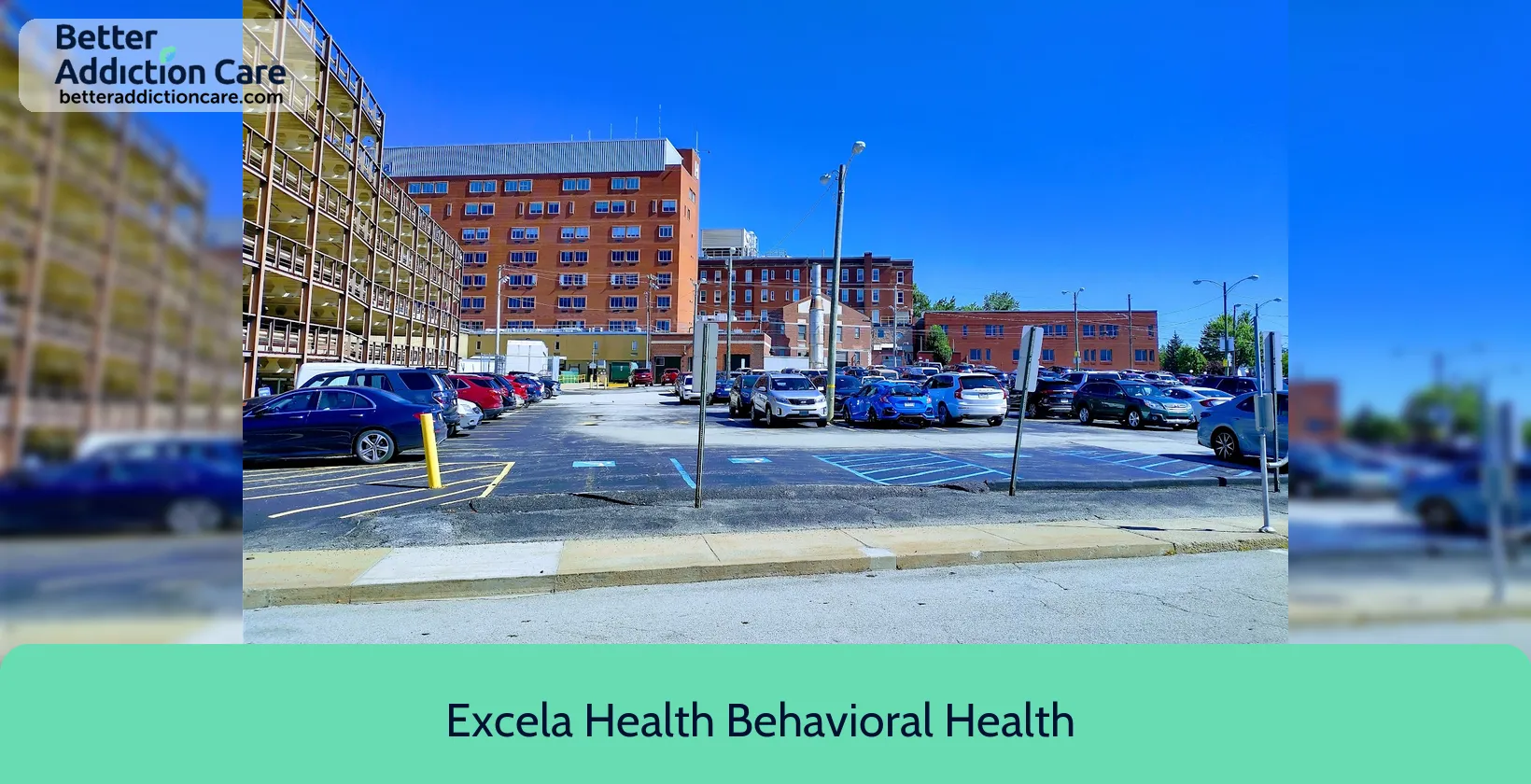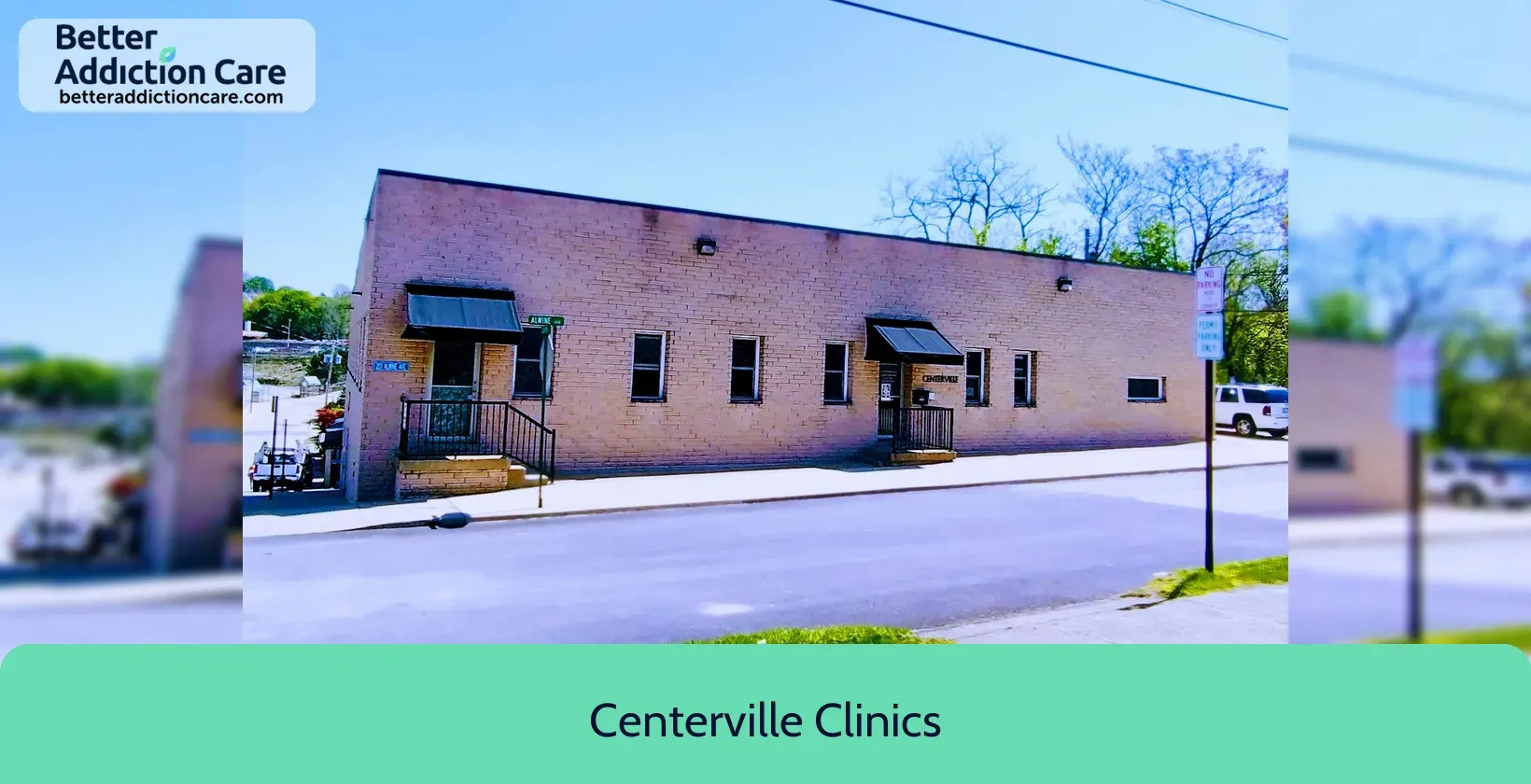SPHS Behavioral Health - Greensburg Area Office

Overview
Located in Greensburg, Pennsylvania, SPHS Behavioral Health is a non-profit rehabilitation facility committed to provide specialized care to those with mental health issues and drug addiction. SPHS Behavioral Health provides a variety of services intended to meet the multifaceted requirements of its clients, with an emphasis on comprehensive and all-encompassing treatment.
The hospital is dedicated to creating a therapeutic and encouraging atmosphere where patients may strive toward long-term rehabilitation and well-being. Their interdisciplinary team of experts, which consists of certified counselors, licensed therapists, and healthcare specialists, works together to create individualized treatment programs that are tailored to the particular requirements of each patient.
The programs offered by SPHS Behavioral Health combine cutting-edge therapeutic modalities with evidence-based methods to guarantee that clients get the best care possible. The clinic stresses the need of treating the underlying causes of addiction and mental health illnesses in addition to their symptoms. This all-encompassing method helps clients recover quickly and gives them the resources they need to keep moving forward and avoid relapsing.
Being a non-profit, SPHS Behavioral Health is devoted to helping the community and providing services to anybody in need, regardless of their ability to pay. They provide a range of therapeutic alternatives, such as family counseling, individual and group therapy, and educational initiatives that support mental health awareness and prevention.
The institution's emphasis on community-based treatment guarantees that patients get ongoing assistance throughout the duration of their rehabilitation process, both at the facility and after they reintegrate into their regular lives. Through the provision of a range of treatments and an emphasis on patient-centered care, SPHS Behavioral Health aims to assist people in achieving long-term recovery and enhancing their general quality of life.
SPHS Behavioral Health - Greensburg Area Office at a Glance
Payment Options
- Cash or self-payment
- Medicaid
- Medicare
- State-financed health insurance plan other than Medicaid
- Private health insurance
Assessments
- Screening for tobacco use
- Comprehensive mental health assessment
- Comprehensive substance use assessment
- Interim services for clients
- Outreach to persons in the community
Age Groups
- Seniors or older adults
- Adolescents
- Young adults
- Children/adolescents
- Adults
Ancillary Services
- Case management service
- Court-ordered outpatient treatment
- Family psychoeducation
- Specially designed program for DUI/DWI clients
- Mental health services
Highlights About SPHS Behavioral Health - Greensburg Area Office
7.73/10
With an overall rating of 7.73/10, this facility has following balanced range of services. Alcohol Rehabilitation: 8.00/10, Drug Rehab and Detox: 7.85/10, Insurance and Payments: 6.53/10, Treatment Options: 8.55/10.-
Treatment Options 8.55
-
Alcohol Rehabilitation 8.00
-
Drug Rehab and Detox 7.85
-
Insurance and Payments 6.53
Accreditations
State mental health department:
State mental health department accreditation refers to the process of evaluating and certifying the quality and standards of a state's mental health department, ensuring that it provides high-quality services and meets specific criteria for mental health care. The accreditation process is performed by a third-party organization and helps to improve the overall care and treatment of individuals with mental health conditions.
SAMHSA certification for opioid treatment program (OTP):
Accreditation by the Substance Abuse and Mental Health Services Administration (SAMHSA) for Opioid Treatment Programs (OTPs) signifies that a program has met strict standards for providing high-quality care to individuals with opioid use disorders. It assures patients, families, and communities that the OTP follows evidence-based practices, employs qualified staff and maintains a safe and effective treatment environment. This accreditation reflects the program's commitment to addressing the opioid epidemic and promoting recovery.
State department of health:

Government agencies issue State Licenses, granting permission to rehabilitation organizations to conduct their business operations lawfully within specific geographic regions. Generally, the particular rehabilitation programs offered by a facility and its physical location dictate the necessary licenses needed for legal operation.
Treatment At SPHS Behavioral Health - Greensburg Area Office
Treatment Conditions
- Alcoholism
- Mental health treatment
- Substance use treatment
- Co-occurring Disorders
Care Levels
- Outpatient
- Outpatient methadone/buprenorphine or naltrexone treatment
- Outpatient day treatment or partial hospitalization
- Intensive outpatient treatment
- Regular outpatient treatment
Treatment Modalities
- Individual psychotherapy
- Couples/family therapy
- Cognitive behavioral therapy
- Dialectical behavior therapy
- Integrated Mental and Substance Use Disorder treatment
Ancillary Services
Languages
- Sign language services for the deaf and hard of hearing
Additional Services
- Pharmacotherapies administered during treatment
- Mentoring/peer support
- Breathalyzer or blood alcohol testing
Special Programs
- Clients with co-occurring mental and substance use disorders
- Criminal justice (other than DUI/DWI)/Forensic clients
- Pregnant/postpartum women
- Clients who have experienced trauma
- Clients who have experienced sexual abuse
Get Help Now
Common Questions About SPHS Behavioral Health - Greensburg Area Office
Contact Information
Other Facilities in Greensburg

7.50

6.88

7.37

6.50

7.80

6.85

6.71

6.72
DISCLAIMER: The facility name, logo and brand are the property and registered trademarks of Centerville Clinics, and are being used for identification and informational purposes only. Use of these names, logos and brands shall not imply endorsement. BetterAddictionCare.com is not affiliated with or sponsored by Centerville Clinics.
